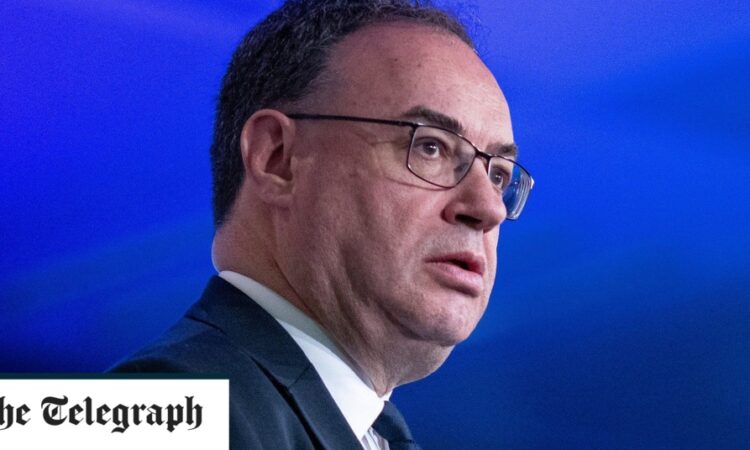
Bailey has acknowledged the good news, but caveats it with indications he will raise rates more as required to bring down inflation.
“We’re not seeking to precipitate a recession,” he said on Thursday following the interest rates announcement.
“We’ve got an economy that is much stronger and more resilient than we expected it to be. Part of that is because energy prices have come down so much, which is good news. So we’re not expecting and we’re not desiring a recession. But we will do what is necessary to bring inflation down to target.”
Sources close to Jeremy Hunt also insist he believes a recession is not “necessary” to bring down inflation and that a stronger than expected British economy is something to be celebrated.
“There will be no hesitation whatsoever in Downing Street to do what it takes to get inflation under control,” said one source. “That is a core Conservative value. We will never go into an election without people being confident that a Conservative government knows this.”
Some economists advising the Chancellor say the approach that is needed is patience.
“It may be that we need to be more patient than is usual for monetary policy to bring inflation down,” says Sushil Wadhwani who also used to sit on the nine-strong MPC.
“Remember Friedman’s ‘long and variable’ lags,” he says.
“In this case, the changes in the mortgage market over the last 40 years point to longer lags. In addition, a number of firms hedged their energy costs and other input costs near the peak last year.”
But he believes the prospects for the economy look bleak.
“We are yet to see the full impact of the interest rate tightening that has already happened. The prospect of even more tightening obviously does not bode well for the economy. The higher that rates need to go, the greater the probability of a recession.”
So much for the good news.






